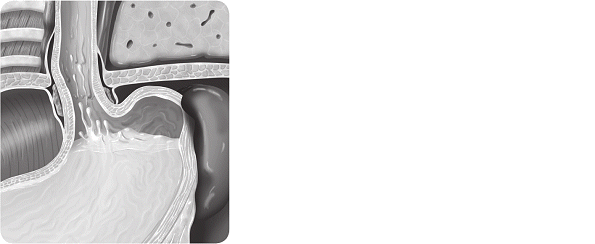TUESDAY, DAY 2
DISEASES AND AILMENTS
Heartburn (GERD)
If you frequently experience heartburn—a burning sensation in your chest after a meal—chances are you’re one of the estimated 25 million Americans who suffer from gastroesophageal reflux disease (GERD). Also dubbed acid reflux, this condition causes the acidic digestive juices in the stomach to back up into the esophagus, the tube that connects your mouth to your stomach.

Usually, after you swallow, a valve called the lower esophageal sphincter (LES)—a band of muscle at the bottom of the esophagus—clamps shut. But when the LES loosens or opens sporadically, stomach fluids can flow back up. Pressure on the stomach, the result of pregnancy or obesity, can cause this to occur; diabetes and asthma are also culprits. Over the long term, constant exposure to this acidic backwash can irritate the lining of the esophagus and may lead to inflammation, ulcers, and, in rare cases, cancer.
To prevent heartburn, experts recommend cutting back on foods that can trigger it, such as caffeine, chocolate, fatty foods, citrus fruits, tomatoes, peppermint, spices, and garlic. Gravity can also work to your advantage; staying upright or taking a walk after eating can help. Since smoking revs up the production of stomach acid, kicking that habit can also improve symptoms.
Over-the-counter antacids that neutralize the juices can be effective. A physician can also prescribe acid-suppressing medications. Because these drugs work so well, surgical procedures to tighten the esophagus are rare and usually a last resort.
ADDITIONAL FACTS
- One in 10 adults suffers a bout of heartburn at least once a week.
- Experts say avoiding eating before going to bed and elevating the head of the bed 6 to 9 inches can also help alleviate GERD.
- It’s called heartburn because the burning sensation is in the area of the chest thought by early medical practitioners to be the site of the heart.